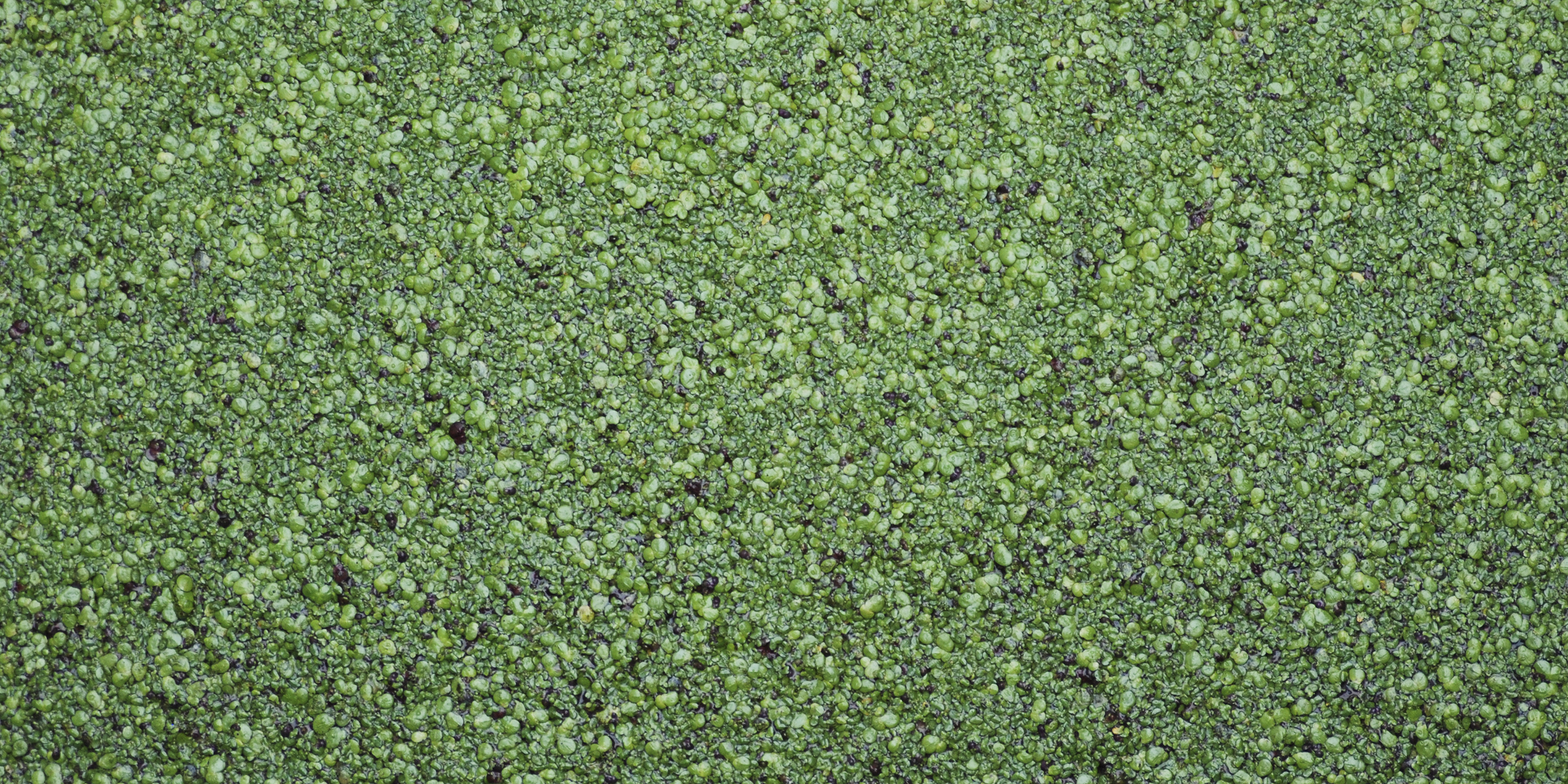Originally published 26 September 2000
“The angiosperms are the superstars of the plant world,” says Lynn Margulis in her Five Kingdoms: An Illustrated Guide to the Phyla of Life on Earth.
What the angiosperms have in common is their delightful reproductive organ, the flower — orchids and orange blossoms, daisies and azaleas, water lilies and magnolias.
The largest flower blossom is the titan arum of Sumatra, 8 feet tall and 4 feet in diameter. It has a kind of gaudy elegance but smells so awful that it’s not on anyone’s list of favorites. The tiniest flowering plant is a duckweed that can be found on our New England ponds. The flower is so small that a magnifier is required to see it, and so rare that, although I have examined a zillion of these plants, I haven’t seen one in blossom yet.
Duckweed is not exactly a superstar of the plant world, but what it lacks in size it makes up for in numbers. Although each plant is the size of a salt grain, it has a prodigious capacity for reproduction by budding off copies of itself. My favorite pond is mostly covered with a pea-green slime of duckweed, heaped masses of grain-sized plants that stream with every breeze into gorgeous swirls and eddies. Ducks cruise the scum, trailing clear wakes that slowly close to green. Frogs plop into the water; the scum parts and closes over them.
I plunge my hand into the duckweed mat. It comes up in a green glove. Under a magnifier, the fabric resolves into myriad minuscule lima beans, little bags of watery goo. Questions come to mind: What do these tiny plants live on? Why do they so reluctantly flower? How are they pollinated? What creatures (besides ducks) graze these watery fields?
The answers, I suppose, are findable. But right now the questions are what’s important. The questions confirm the diversity and resilience of plants, their capacity to exploit every environmental niche, to spread themselves out on every open surface of the planet so that no sunbeam goes to waste. The duckweed is one more way life has invented for garnering energy from a star.
This is Darwin’s dream pond, a freshwater Sargasso Sea, a primeval arena of eat and be eaten. I examine my green glove with the magnifier. I catch glimpses of insect larvae, rotifers and who knows what else, hiding and feeding among the plants. Protozoans, too, must swarm here, too small to see at this level of magnification. The pond scum is as thickly populated as the African veld.
Turtles sun themselves on whatever solid perch protrudes above the surface of the water. Dragonflies dart above the green mat in copulatory flight, their iridescent bodies locked in valentine embrace. Mallards waddle into the muck from the muddy bank. On this glorious autumn afternoon, I know the pond’s bank is a worthwhile place to spend an hour, senses open to every sensation.
All that scum, that covering of granular green, the partings and closings, the hiders and grazers, speak to us of our own protoplasmic origins, the pond water of our blood, the ancients urgings toward feeding and reproduction.
“Love, we are a small pond,” says Maxine Kumin in one of her wonderful poems that celebrate New England nature. It is a delicious metaphor: The pond as tender affection, touching skin, the scratches that leave no scar, the mouths that gobble. “The blackest berries fatten over the pond of our being,” she writes, exuberantly.
Her poem reminds us: We need to keep in touch with those things — the duckweed, the ducks, the dragonflies, the exuberant gush of life — lest we forget what touch and sight and sound and scent are all about. Even love is in danger of being made into a virtual reality — those flickering bits on a TV screen or Internet monitor — stripped of sensual fullness. Mouths, blood, dry thorns and tight seeds: Kumin’s poem is full of it.
Our drawing toward each other was cradled in the pond, nurtured on the tangled bank, perfected in the same urgency of seek and join that causes the dragonflies to bend their bodies into a heart-shaped kiss. The pond is more than a metaphor for our lives; our lives are steeped in it.
I plunge both hands into the duckweed, bring up two green gloves. In Southeast Asia, they eat this stuff. We would eat it, too, if we were less squeamish. Spread out on the surface of the pond, it has an unsavory appearance. Under the magnifier, each tiny plant looks like a juicy grape writ small and not at all unpalatable. All part of the same tangled web of life that scums the planet — and that contains in its prodigious diversity even the “blackest berries” of our love.



